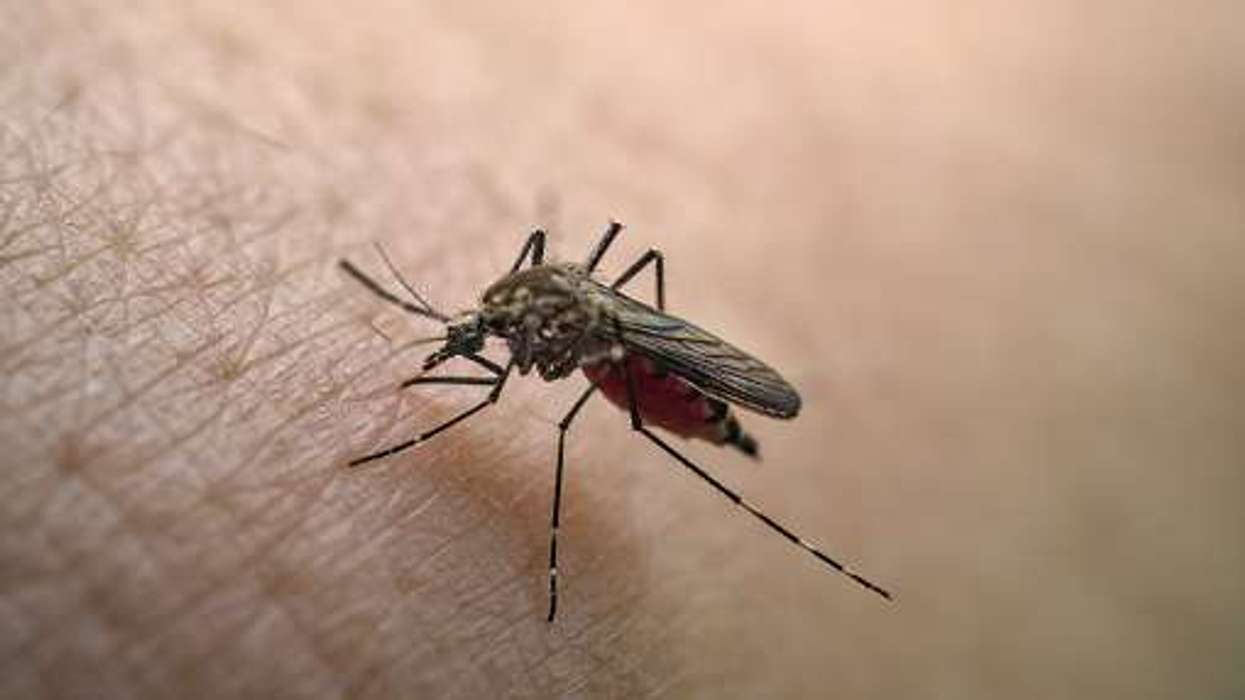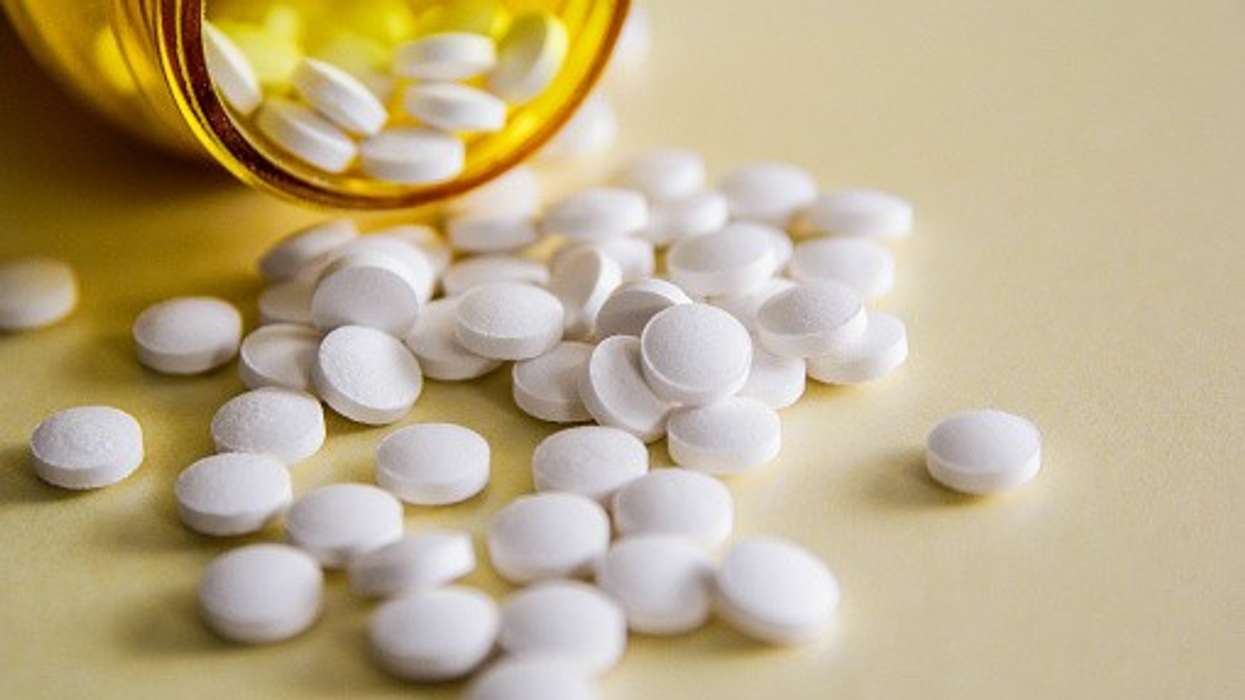The National Pharmacy Association (NPA) has warned of multi-million financial hit for community pharmacies, while the Pharmaceutical Services Negotiating Committee (PSNC) has renewed its calls for urgent financial support amid a looming energy bill crisis.
NPA board member, Olivier Picard, this week shared a screenshot of his estimated electricity bill on WhatsApp groups. Upon expiration of his current arrangements, in October, his electricity bill could rise from its current £1,821 for one pharmacy to an estimated £6,914 – a near fourfold increase.
Piccard said: “This is an eye-watering rise in costs for my own pharmacies and adds to the intense financial pressure we’re already under. My standing charges will multiply by 10 and the overall cost to each pharmacy amounts to about £5,000.”
His comments come just ahead of an NPA-commissioned report into pharmacy inflation which will provide an analysis of inflationary costs pressing on the community pharmacy sector, from utilities and workforce to medicines purchasing.
NPA chief executive, Mark Lyonette, said: “As small to medium sized businesses, our members can’t easily hedge costs and negotiate deals with energy suppliers. If Olivier’s experience is typical, we’re looking at a hit across the network upwards of £60 million from electricity bills alone. Such cost increases are clearly unsustainable within the current NHS funding envelope.”
Meanwhile, the PSNC has said that the recent announcement of an increase in the energy price cap might make the situation worse for the sector which is already facing a plethora of challenges due to under-funding.
The pharmacy negotiator is extremely concerned about the desperate financial situation that many community pharmacy contractors already find themselves in. It says the “rising energy bills will only make this worse, particularly as the price cap doesn’t apply to businesses.”
Earlier, PSNC’s Pharmacy Pressures Survey highlighted rising costs, amongst other pressures, “but we know that prices have continued to increase since then and that many contractors are now bracing themselves for significant rises in their energy bills,” said PSNC.
“We have been pressing this point in negotiations with the Department of Health and Social Care (DHSC) and NHS England, pulling together a compelling portfolio of evidence to make our case for a significant funding uplift for the sector.”
“Unfortunately, the impending change of prime minister has meant many important tasks, including finalising the outcome of our negotiations, have been put on hold.”
Despite this, PSNC chief executive Janet Morrison remains in weekly contact with government officials on these issues, the negotiator said, continuing to stress how dire the situation is currently for pharmacies up and down the country.
Morrison has also written to government ministers about the issues that the sector is facing twice over the past month. At the same time, the PSNC team has been preparing for the arrival of a new prime minster and, possibly, a new health secretary, so that it can urgently raise the issues with them once again, as well as seeking more support from wider MPs on the matter.
Morrison said: “It pains me to say that the financial outlook for many community pharmacies is dire, with as many as 80 per cent of contractors already reporting significantly increased operating costs at the start of 2022. And spiralling utility bills and other cost pressures are only exacerbating the situation.
"Inflationary pressures and rising costs are a key part of PSNC’s case to government about the urgent need for extra funding for community pharmacies. We have been clear that government must protect these vital healthcare providers from economic pressures that are outside of their control to maintain public access to pharmaceutical care. Rest assured, we will continue to urge Government and the NHS to urgently address the desperate situation that the sector now finds itself in.”











